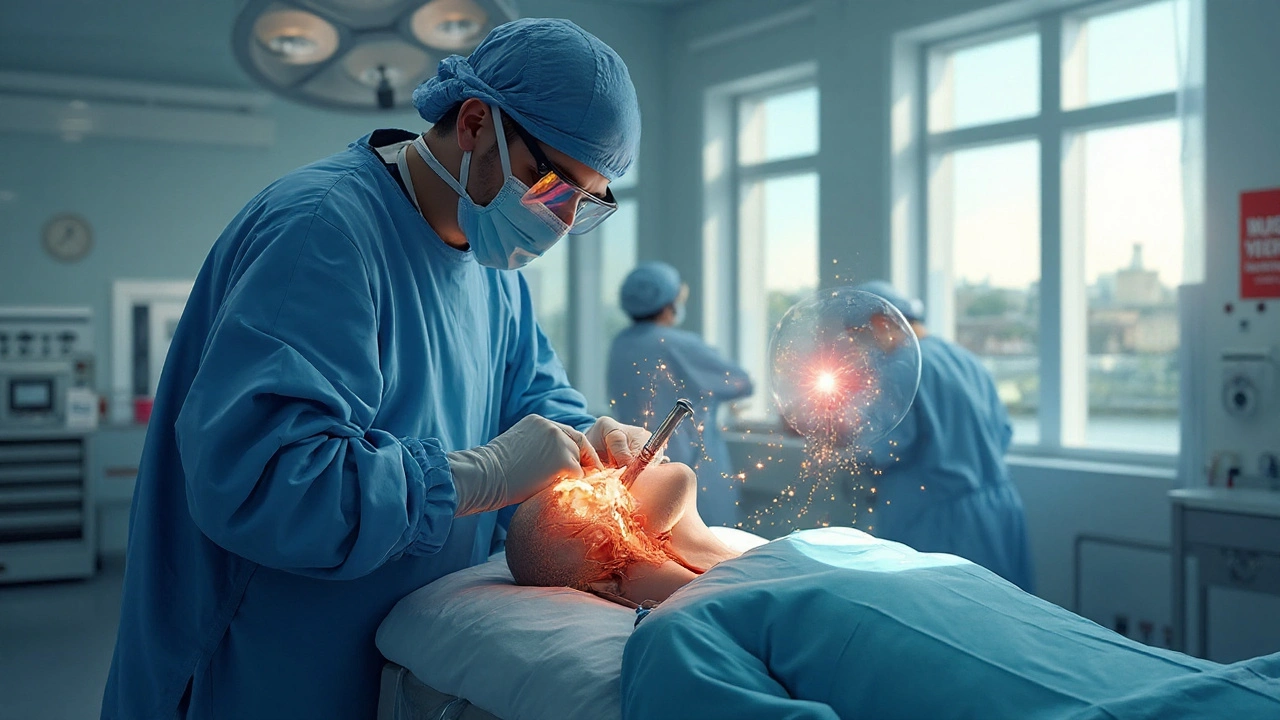Urinary Retention: What It Is, Why It Happens, and How to Manage It
Ever felt like you couldn’t finish peeing even though your bladder felt full? That’s urinary retention, a condition where you can’t empty your bladder completely. It can be uncomfortable, sometimes painful, and it’s a sign that something in your urinary system isn’t working right.
Common Causes and Warning Signs
Most people notice a weak stream, a feeling of blockage, or having to go to the bathroom frequently without much output. These are the red flags that tell you your bladder isn’t emptying properly.
Here are the usual culprits:
- Prostate problems – In men, an enlarged prostate often squeezes the urethra and slows urine flow.
- Medications – Some antidepressants, antihistamines, and muscle relaxants can relax the bladder muscles too much.
- Nerve issues – Diabetes, multiple sclerosis, or spinal injuries can mess with the nerves that tell your bladder when to contract.
- Infections – A urinary tract infection can cause swelling that blocks urine flow.
- Obstructions – Stones or tumors in the urinary tract create a physical barrier.
When you notice a sudden inability to pee, pain in the lower abdomen, or a feeling of constantly needing to go, call your doctor right away. Untreated retention can lead to bladder damage or kidney problems.
Treatment Options and When to Get Help
First‑line treatment is often simple: a catheter. A thin tube empties the bladder instantly, giving relief while the underlying issue is sorted out. If the catheter works, doctors will look for the cause and treat that directly.
Medication can help too. Alpha‑blockers relax the muscles around the prostate, making it easier for urine to pass. For nerve‑related cases, drugs that stimulate bladder contractions may be prescribed.
In more serious situations, surgery might be needed. Procedures range from minimally invasive laser treatments for an enlarged prostate to removing bladder stones or correcting strictures.
While you wait for a professional appointment, try these at‑home tips to reduce discomfort:
- Drink enough water (about 8 cups a day) but avoid binge‑drinking large amounts at once.
- Warm a heating pad on your lower belly for a few minutes; heat can relax the muscles.
- Practice double‑voiding: pee, wait a minute, then try again to empty any leftover urine.
- Avoid caffeine and alcohol, which can irritate the bladder.
If you have recurring episodes, keep a simple diary – note the time, fluid intake, any pain, and medication changes. This record helps your doctor pinpoint patterns and choose the right treatment.
Bottom line: urinary retention isn’t something to ignore. Spot the symptoms early, stay hydrated, and seek medical advice promptly. With the right mix of lifestyle tweaks and professional care, most people regain normal bladder function and avoid long‑term complications.
- Celeste Farnell
- 25-09-25
- Health & Medicine
How Head Injury or Brain Surgery Triggers Neurogenic Bladder Problems
Explore how head trauma and cranial surgery lead to neurogenic bladder, causing retention or incontinence, and learn diagnosis and treatment options.
Details